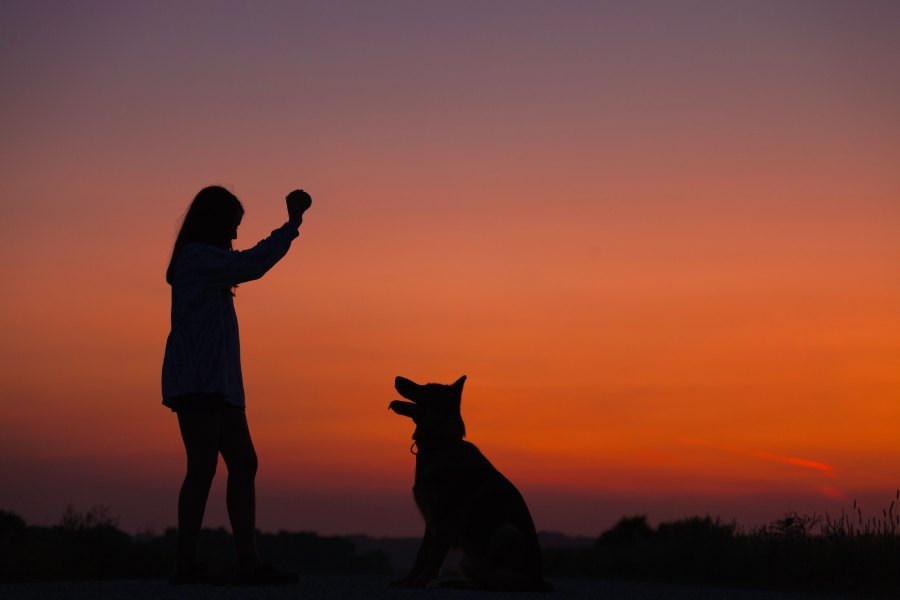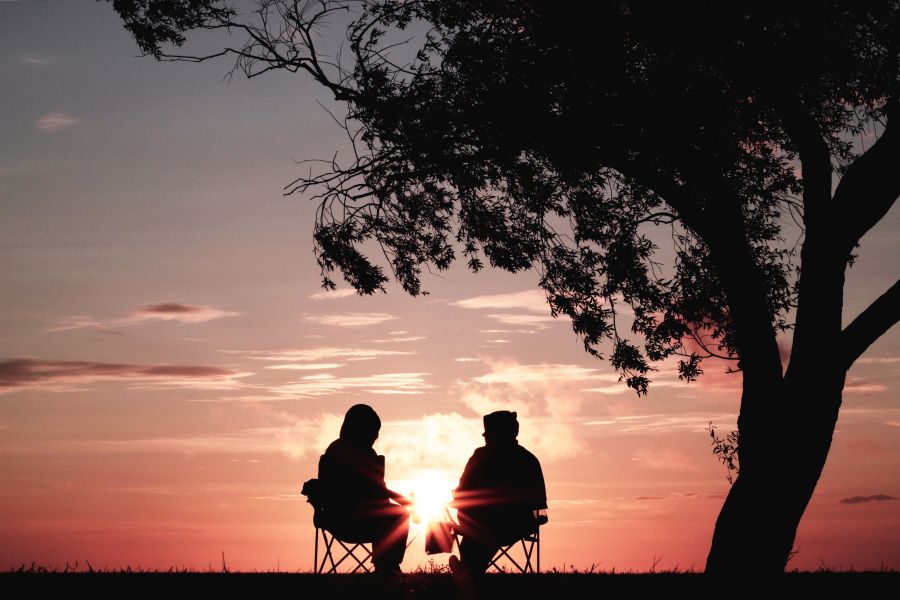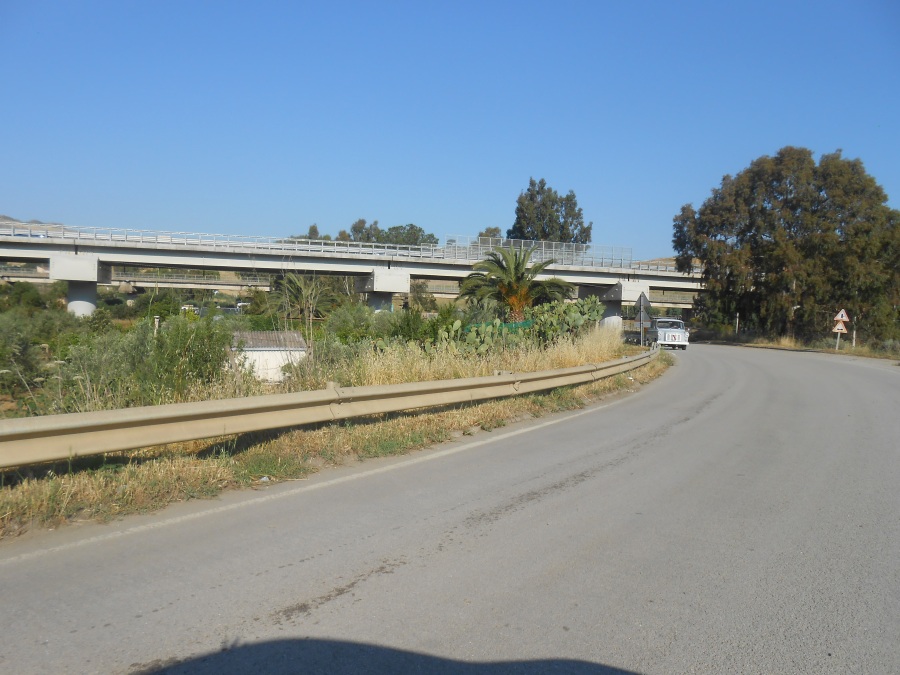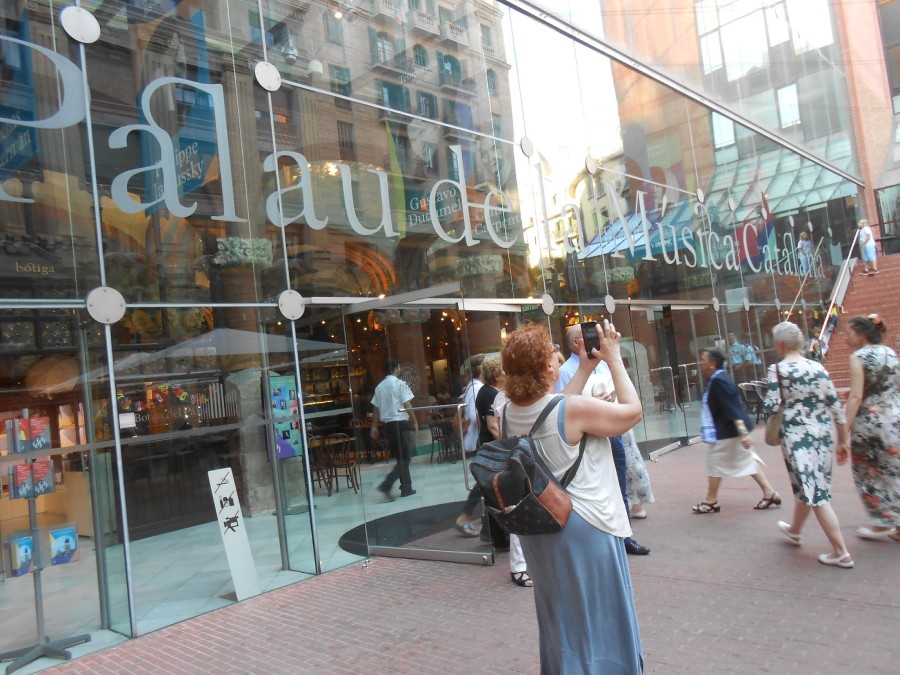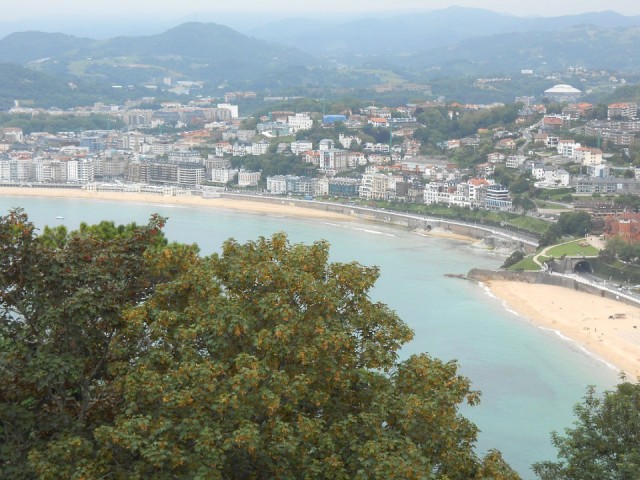My sister picks up poo.
Now before you start wondering what kind of people we are, let me give you a little background. My sister has dogs that she walks several times a day. Being an all-around good neighbor, she picks up her own dogs’ deposits.
She goes a step further, though. If she happens on an unknown dog’s poo, she picks that up, too. If you’ve ever stepped in a pile (an who hasn’t!), you’ll appreciate this Good Samaritan act.
Seeing my sister on poo patrol got me thinking: What if we all picked up poo? Literally when it comes to dogs. That in itself would make the world a little bit better,
What if we took it a step further? What if we tried not to leave (metaphorical) poo in the first place? What is “metaphorical poo?” It could be a snide remark about a co-worker. It could be an offhand comment about what a bad day we’re having. It could be a complaint about the job. What if…we just didn’t say those things? Bit our tongues and moved on? The piece of the planet we inhabit would be a little bit cleaner.
Then…what if we started picking up other people’s (metaphorical) poo? What if, when someone made a snide remark to us, we absorbed it and moved on? Not complaining about it to a co-worker. Not stewing about it. Not retorting with a snider remark. Just abosorbing it without a comment beyond “uh-huh” or something equally non-commital…then nothing. That particular pile of poo would go no further. No one else would have to deal with it.
My sister has inspired me to be aware of the ways I might be leaving poo for someone else to deal with. I try harder to think before I speak. To avoid passing on gossip. To criticize less.
Leaving poo behind is natural for animals and young children. Picking up after ourselves takes maturity. Helping other people with the task takes compassion.
(photo by Ryan Wyatt on Unsplash)

